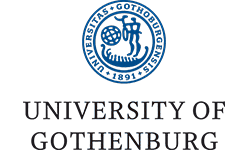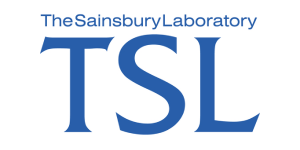7 October 2021
SCI Horticulture Group David Miller Awards
Organised by:
SCI’s Horticulture group
Online Webinar
Registration Closed
This event is no longer available for registration.
Synopsis
David Miller was the founder of SCI's Horticulture Group. He was initially instrumental in forging closer links between the Institute of Horticulture, where he was a past President, and SCI before he set up the group. He was always one to look ahead, and the encouragement and support he gave to young people at the outset of their horticulture careers, was fundamental to his philosophy.
The David Miller Travel Bursary Awards was set up in his honour and aims to give one young plant scientists or horticulturists the opportunity of overseas travel in connection with their horticultural careers.
This online event will feature winners of the 2019, 2020 and 2021 awards in addition to a guest speaker.
2019 winners:
Carlota Gonzalez Noguer
Jack Rhodes
Juniper Kiss
2020 winners:
Christina Conroy
Daire Carrol
2021 winner:
Keiri Swann
Speakers
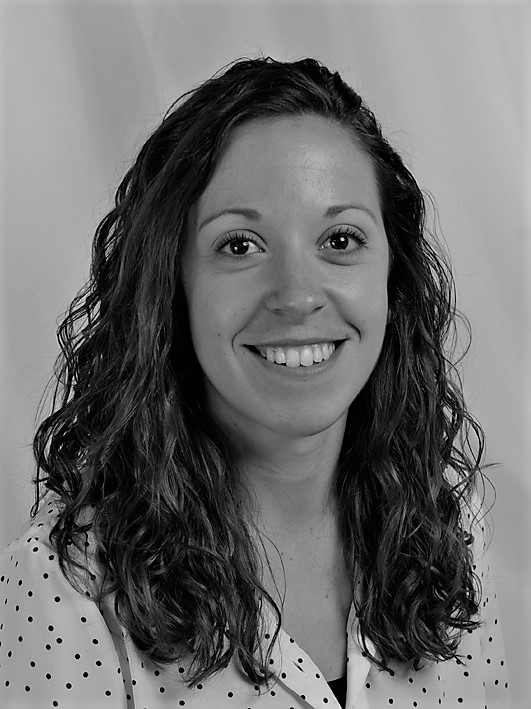
I am currently at the final stage of my PhD in Crop Sciences, which I have carried out between NIAB EMR (Kent) and the University of Reading. For the last four years I have been investigating apple dormancy, working towards predicting how different apple varieties grown in the UK will respond to climate change. Insufficient winter chilling can delay or reduce bud break, cause non-uniform flowering, and therefore negatively impact fruit production. Understanding how different cultivars will adapt to the predicted increase in temperatures due to climate change is key to ensure future apple production.
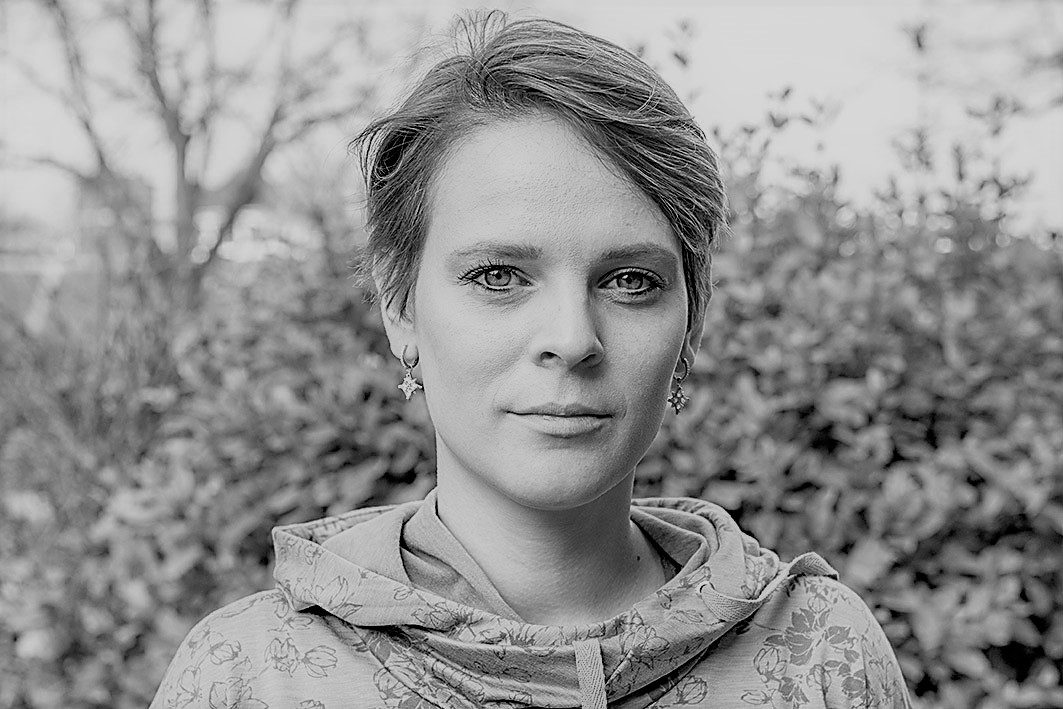
Christina Conroy obtained her BSc in Animal Behaviour and Welfare (Hons) and MSc in Entomology from Harper Adams University. Her BSc project examined preference-performance in insect herbivores. ‘Does mother know best?’ while her MSc studied the effect of intercropping as a method to reduce pest incidence in the bird-cherry oat aphid (Rhopalosiphum padi). She then worked at NIAB EMR as a Research Entomologist on a range of pest species to keep them below the economic threshold. In 2017 she came to the University of Greenwich to research push-pull strategies of Drosophila suzukii, with the long-term aim of pushing the pest from the crop and pulling them into a trap.
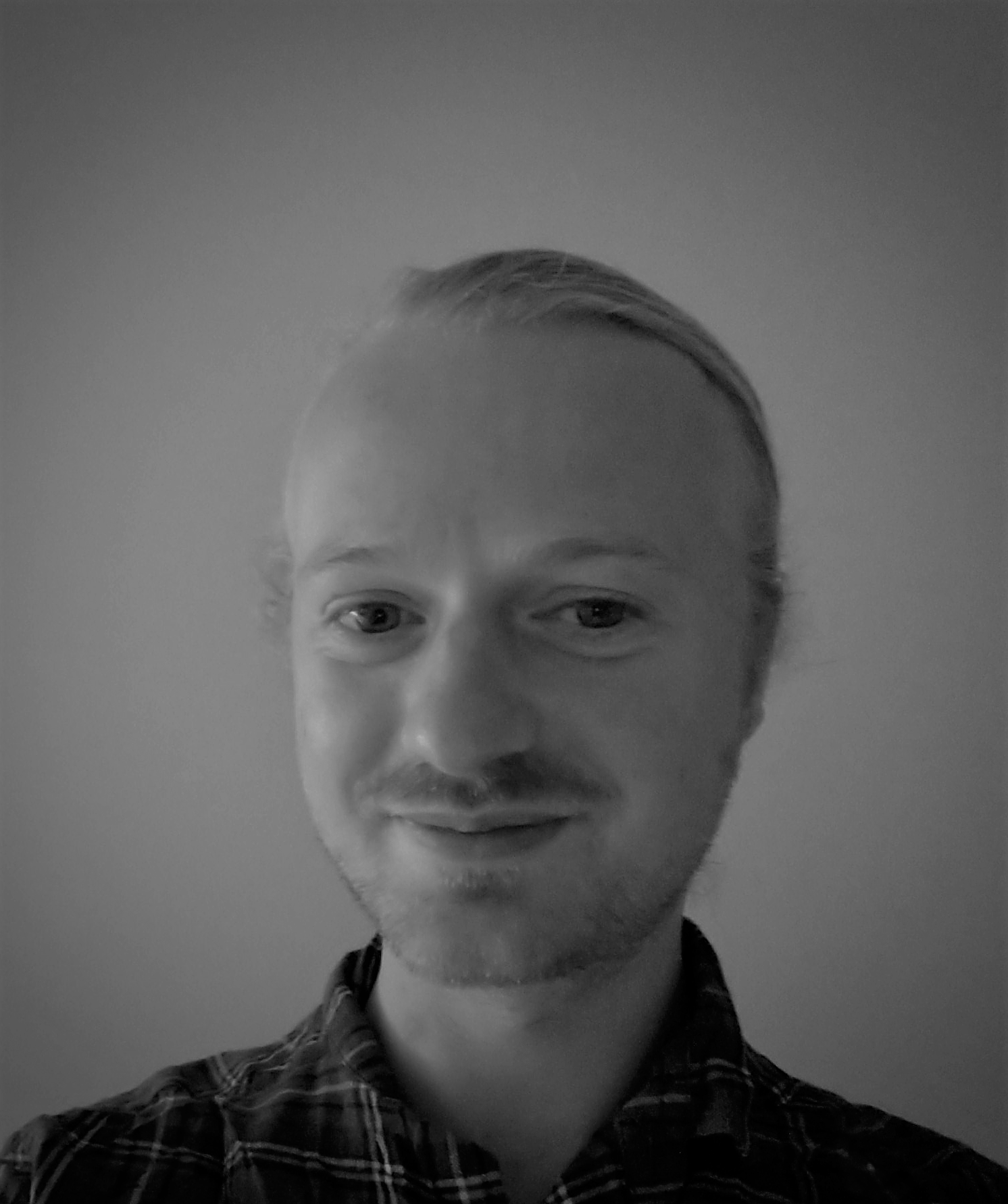
I am a population ecologist interested in finding new ways to describe and understand the natural world through experimental research and computer modelling. I am currently based at the University of Gothenburg having completed my PhD, during which I worked jointly between the University of Warwick and the James Hutton Institute. My PhD research focused on modelling the colonisation of plant roots by beneficial bacteria. I used a combination of traditional microbiology assays and live imaging of roots in transparent soil to populate a dynamic model of colonisation which can be used to improve our understanding of plant bacterial interactions.
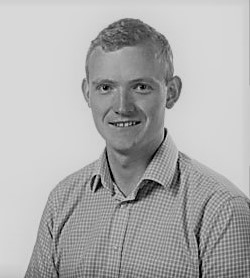
I am a Postdoctoral researcher at The Sainsbury Laboratory (TSL) in Norwich. We work on understanding how plants recognise and respond to pathogens. As part of this we are interested in how we can enable crops to recognise a greater range of pathogens and thus increase their disease resistance. I studied at the University of Bath and spent time working at The Millennium Seed Bank, RBG Kew before starting my PhD at TSL, where I am still working.
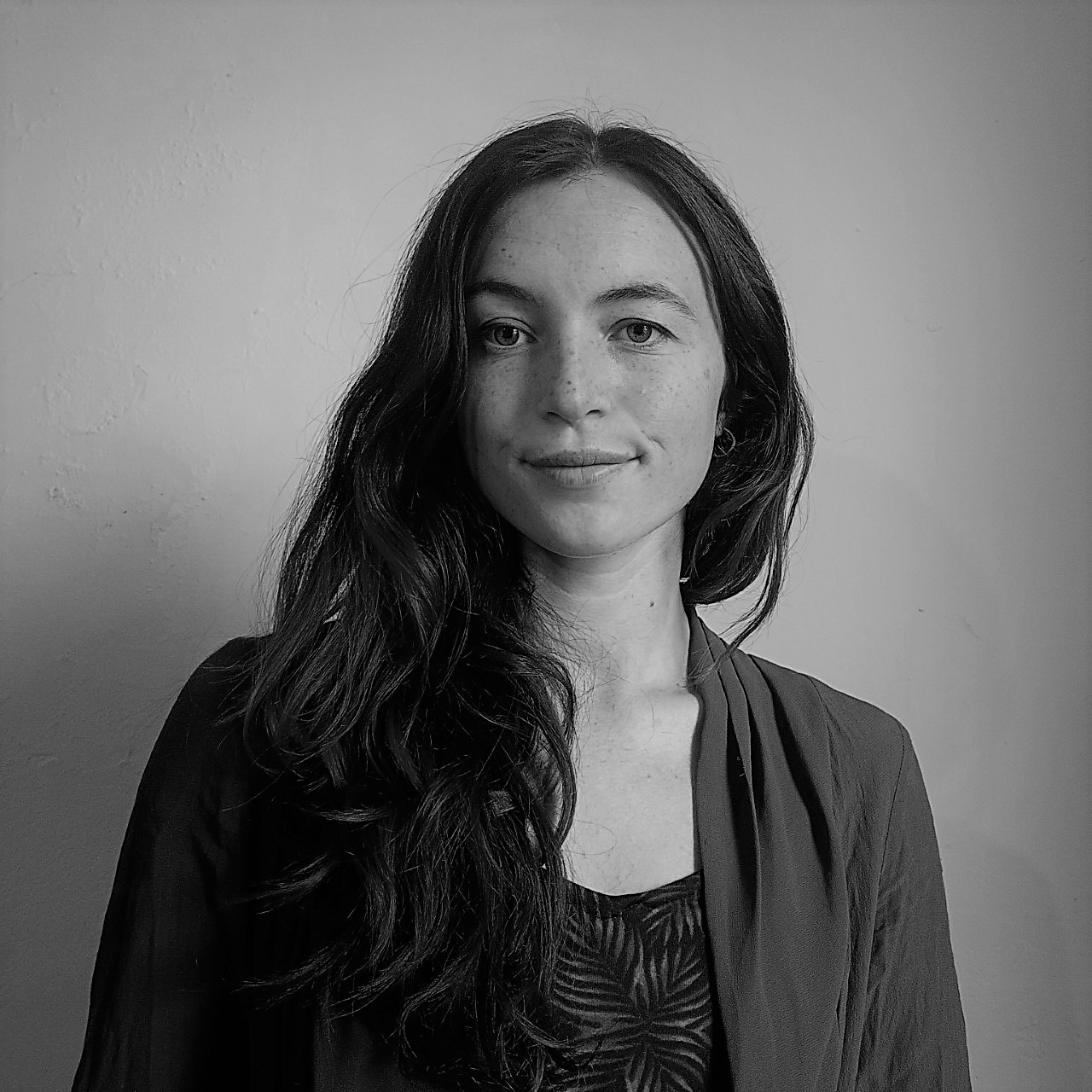
My current research in strawberries and commitment to exploring plant production under LED lights is informed from a foundation in low-intensity organic agriculture. I have found researching more controlled plant production systems offers additional insight into plant environmental responses. Furthermore, I am interested in the potential use of plant light responses as non-chemical methods of controlling plant morphology and physiology, providing opportunities for enhanced plant production. I am passionate about food security and believe LED lighting will allow for increased food production system efficiency. Strawberries have been an excellent crop to research as their high environmental sensitivity and multiple growth stages allow for in-depth analysis of plant light responses.
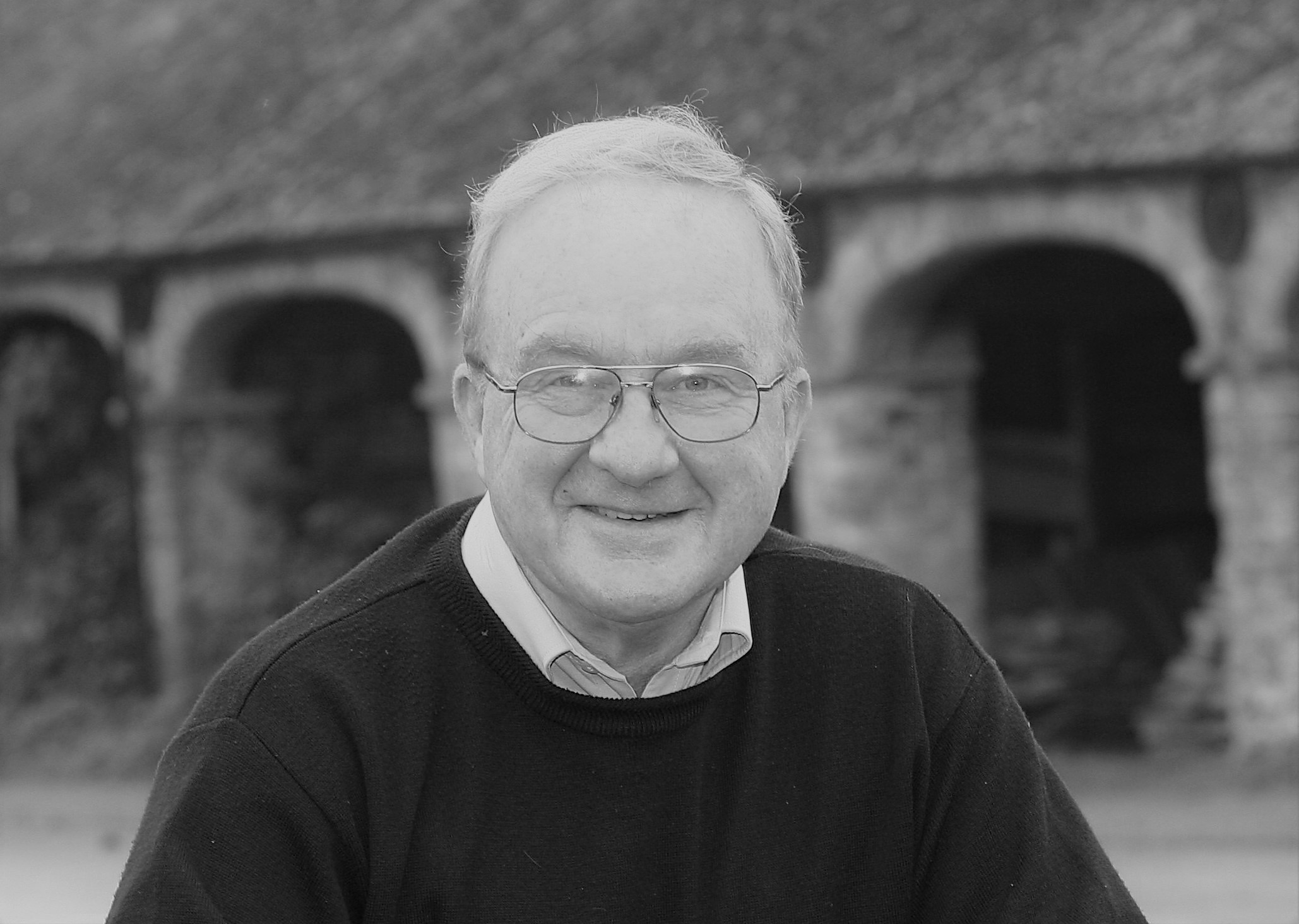
Tony Pexton
Pexton farms
I farm in the East Riding of Yorkshire; typical East Riding farm, producing wheat, barley, oil seed rape, beans, vining peas for freezing and a pig unit producing bacon pigs.
I have had a number of “off farm” appointments, including as a national office holder with the National Farmers Union, chairing a government co-funded R&D management board, National Institute of Agricultural Botany (NIAB) and British Crop Production Council.
Programme
Thursday 7 October
- 10:10
- Welcome and Introduction to DMA - SEVDA
- 10:20
- 2020 Winner: Pushing toward a new IPM strategy Drosophila suzukii, the search for effective repellents
Christina Conroy - 10:35
- The PPE (Post Brexit, Productivity, Environement) Challenge
Tony Pexton, Pexton Farms - 11:05
- Comfort break
- 11:15
- 2021 Winner: Optimising the light recipe for maximum photosynthesis, yield and quality in strawberry
Keri Swann, University of Reading - 11:35
- 2019 update
Juniper Kiss, University of Southampton - 11:50
- 2019 update: Understanding and exploiting how plants recognise pathogens
Jack Rhodes, The Sainsbury Laboratory (TSL) - 12:05
- 2019 update: Improving our understanding of winter dormancy in apple in relation to climate change
Carlota Gonzalez Noguer, NIAB EMR/University of Reading - 12:15
- Closing remarks
Booking Process/Deadlines
Contact
Conference Team
Tel: +44 (0)20 7598 1561
Email: conferences@soci.org
Organising Committee
- Sebastian Eves-van den Akker, SCI/ University of Cambridge
- David Atkinson, SCI
Sponsorship
For further information please email conferences@soci.org







